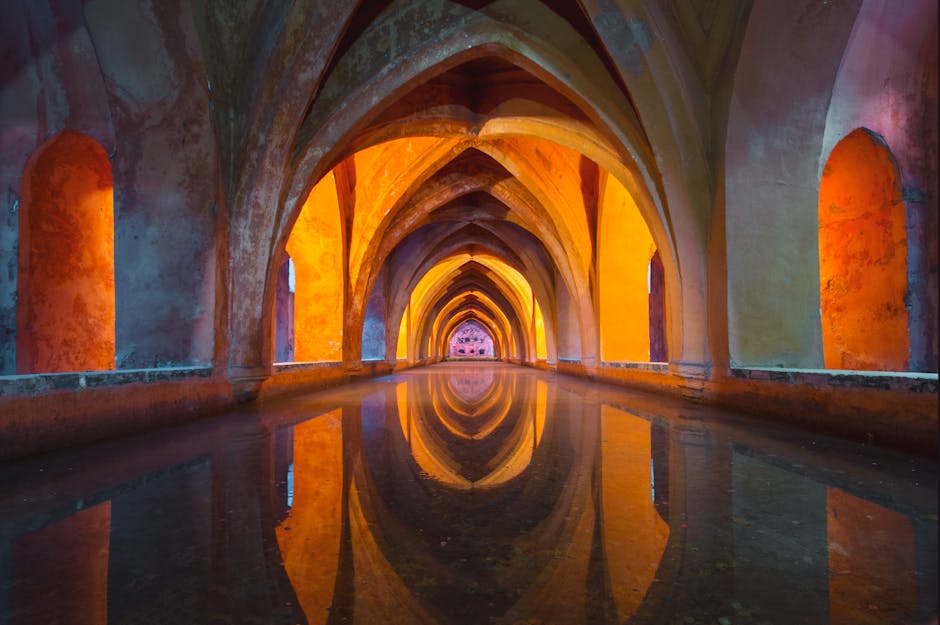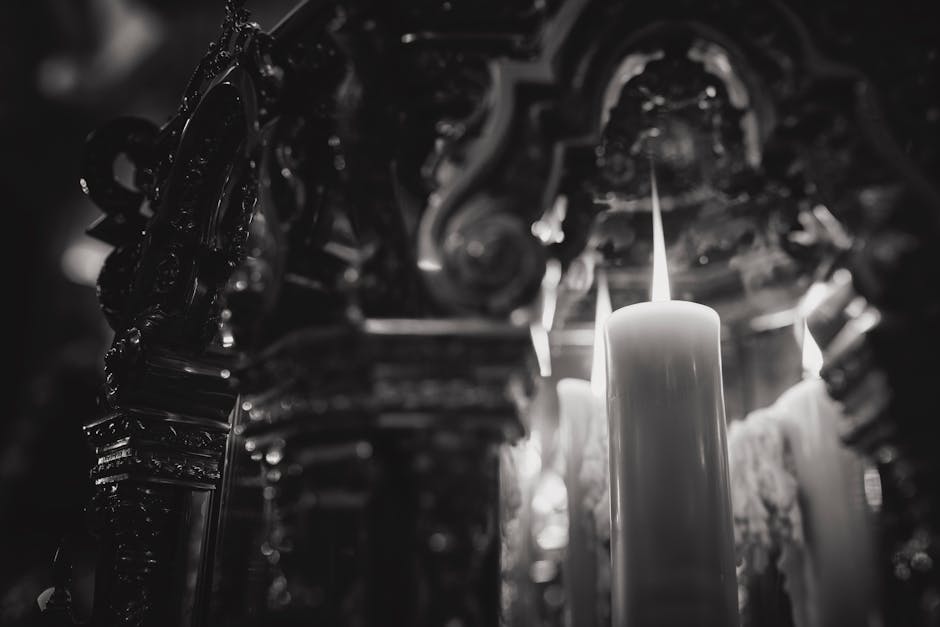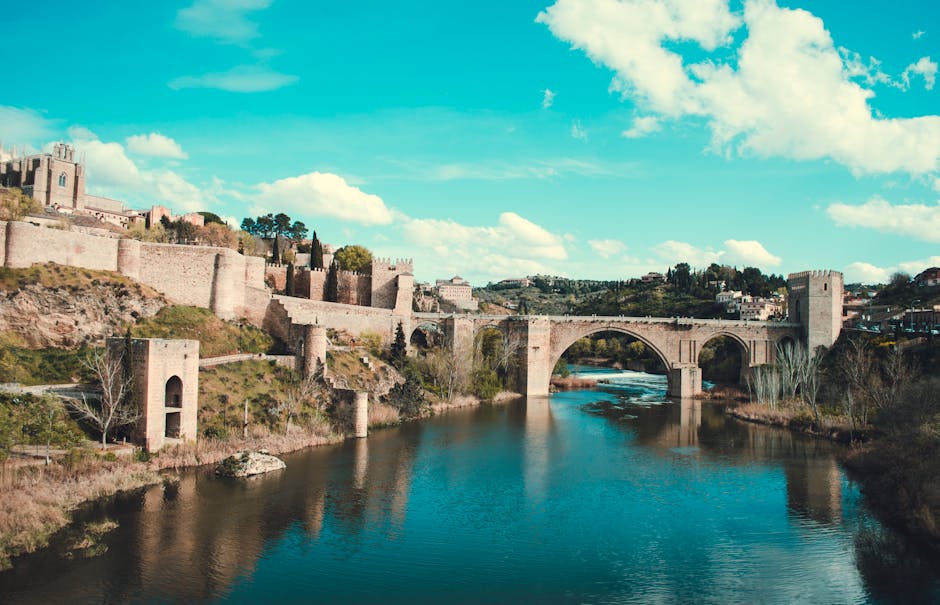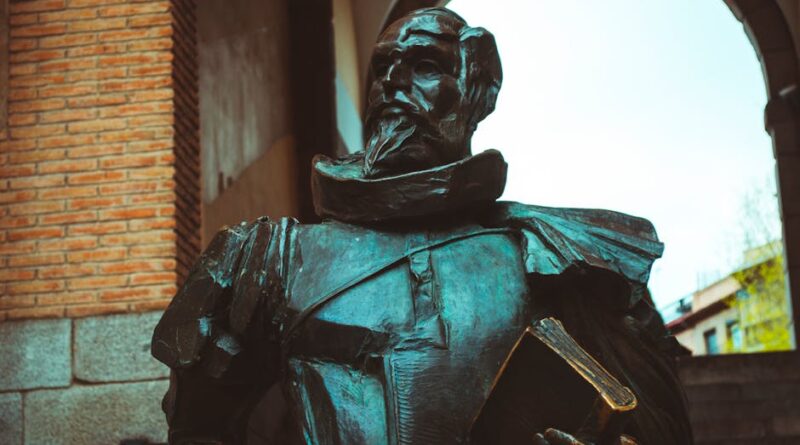Cultural Reflections: Author Spotlights in Spain
Spain is a land rich in culture and history, and it’s literature tells many stories. From the passionate words of poets to the gripping tales of novelists, Spanish authors offer a glimpse into the heart of their country. But who are these influential writers, and what can we learn from them? Lets explore the vibrant literary scene of Spain.
Why Is Spanish Literature Important?

Spanish literature isn’t just about books; it’s about understanding a culture. Literature reflects the thoughts, struggles, and joys of a society. For example, Spanish writers often address themes like identity, love, and social issues. These themes resonate beyond Spain, making their works universal.
According to a study by the Spanish Ministry of Culture, literature contributes significantly to Spain’s cultural economy, providing jobs and attracting tourism. The impact of literature can be seen in festivals, such as the famous Feria del Libro in Madrid, where book lovers gather to celebrate authors and their works.
Who Are the Key Authors to Know?

Spain has produced many notable authors over the years. Heres a look at a few who have made a significant impact:
- Miguel de Cervantes: Often called the father of the modern novel, Cervantes wrote “Don Quixote,” a classic that explores the themes of reality vs. imagination.
- Federico Garca Lorca: A poet and playwright, Lorcas works reflect the beauty and pain of life in Spain. His plays like “Blood Wedding” are still performed today.
- Mario Vargas Llosa: This Nobel Prize winner offers deep insights into politics and society in his novels like “The Time of the Hero.”
- Carlos Ruiz Zafn: Known for “The Shadow of the Wind,” Zafn captivated readers with his intricate plots and love for Barcelona.
What Makes These Authors Unique?

Each author brings a distinct voice and perspective to their writing. Heres what sets them apart:
- Cervantes: His ability to blend humor with deep philosophical questions opened the door for future writers.
- Lorca: He infused his work with folklore and the rhythms of Andalusia, giving readers a taste of Spanish culture.
- Vargas Llosa: His sharp critiques of authority challenge readers to think critically about politics and power.
- Zafn: His love for storytelling creates an enchanting atmosphere that keeps readers turning pages.
How Do These Authors Influence Modern Writers?

Todays Spanish writers often cite these literary giants as influences. They draw from the rich tapestry of stories and styles that these authors created. For example:
- Many contemporary authors explore similar themes of identity and belonging.
- Writers often use magical realism, a style popularized by Latin American authors, which reflects the surreal aspects of Spanish life.
Modern authors like Rosa Montero and Javier Maras continue to push boundaries while honoring their literary heritage. They blend tradition with innovation, much like their predecessors.
What Are the Current Trends in Spanish Literature?
The landscape of Spanish literature is ever-changing. Here are a few trends shaping the current scene:
- Diversity in Voices: Theres a growing emphasis on diverse perspectives, including works by female authors and those from various cultural backgrounds.
- Genre Blending: Many modern writers are mixing genres, combining elements of fiction, poetry, and essays to create unique narratives.
- Digital Literature: E-books and online publishing have opened new avenues for writers, making literature more accessible.
What Role Do Literary Festivals Play?
Literary festivals are vital for promoting authors and their works. They create a space for readers to meet their favorite writers, attend readings, and engage in discussions. Events like the Barcelona International Literary Festival and the Mlaga Book Fair attract thousands of visitors each year.
These festivals not only celebrate literature but also foster a sense of community. They highlight the importance of storytelling and connect authors with audiences, both local and international.
How Can You Dive Deeper into Spanish Literature?
Whether you’re a seasoned reader or new to Spanish literature, there are many ways to engage:
- Start with Translations: Many great Spanish works are available in translation. Pick a couple of classics or contemporary novels to explore.
- Join a Book Club: Find a local or online book club focused on Spanish literature. Sharing insights enhances the reading experience.
- Attend Readings or Festivals: Check local listings for author readings or literary festivals. Engaging with the author can deepen your understanding.
By immersing yourself in these stories, you can gain a greater appreciation for Spain’s culture and it’s rich literary heritage.
What Are the Takeaways?
Spanish literature reflects the diverse and dynamic culture of Spain. Notable authors like Cervantes and Garca Lorca have paved the way for modern writers, who continue to explore pressing themes. Literary festivals and community engagement further enrich this landscape.
As you explore Spanish literature, remember that each story is a window into a different world. Embrace the journey, and you’ll find that literature has the power to connect us all.
For more information on the significance of Spanish literature, check out the Ministry of Culture website.
Happy reading!



